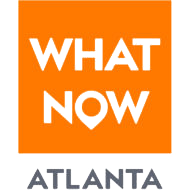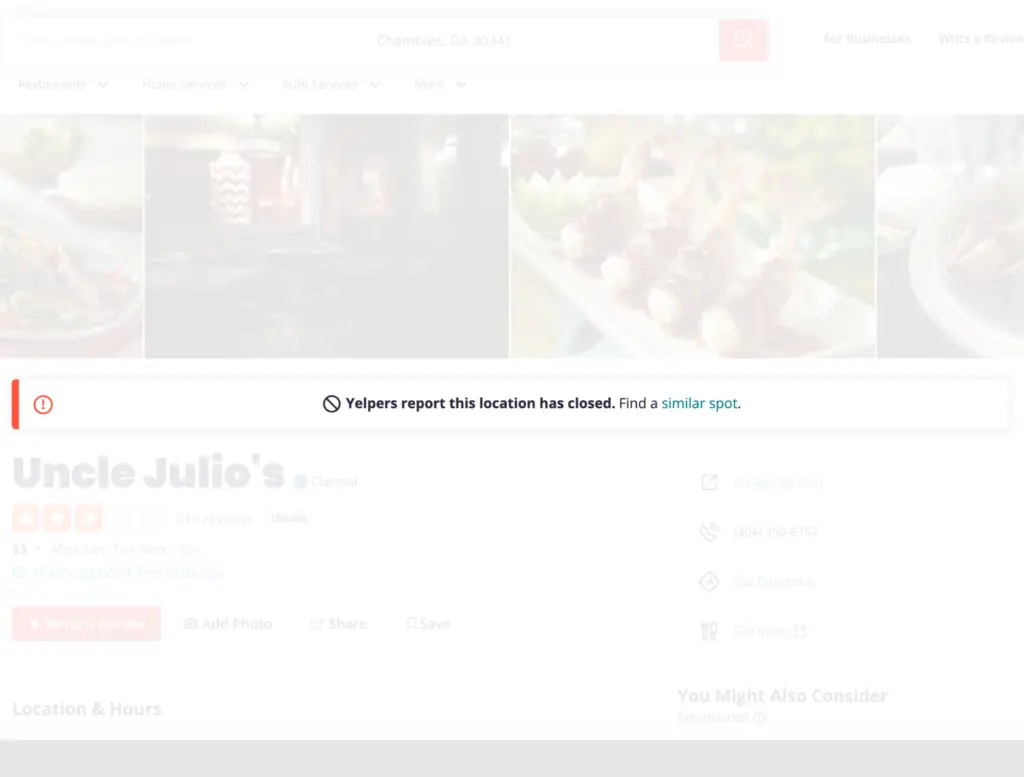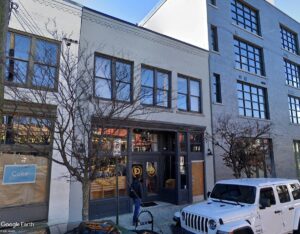In addition to our normal news coverage, What Now Atlanta is tracking ways Atlanta’s businesses are adapting to the novel coronavirus and the challenges it brings to brick-and-mortars.
Sign up now to get our Daily Breaking News Alerts
Yelp recently updated its Local Economic Impact Report, providing insight on the current state of brick-and-mortar businesses across the country amid the novel coronavirus pandemic and ongoing civil unrest, and the data is head-turning.
Since March 1, 2020, of all temporary business closures listed on Yelp—more than 175,000—41 percent have been marked as “permanently closed.” This includes restaurant, retail, beauty and spas, and fitness businesses. “Our data shows the largest spikes of permanent closures occurred in March, followed by May and June, indicating that the businesses that were already struggling had to permanently close right away and the businesses that were trying to hold on, but unable to weather the COVID-19 storm, were forced to shutter in recent months.”
Locally, by June 15, there were 2,417 total businesses closed in the greater Atlanta-Sandy Springs-Roswell metro area, a Yelp spokesperson in an email told What Now Atlanta.
Retail closures accounted for 20 percent of all brick-and-mortar closures, 35 percent of which have now been marked on Yelp as “permanently closed.” Restaurants accounted for 17 percent of total temporary closures, a staggering 53 percent of which have now been marked on Yelp as “permanently closed.”
Yelp has also noted an increase in its users searching for curbside pickup by 20 percent and a whopping 1,785 percent increase since May 25 in searches for Black-owned businesses compared to three weeks prior.
“As acknowledgement of anti-Black racism and police brutality become more wide-spread across the nation people are continuing to look for ways to support the Black community,” according to the report. “Review mentions of ‘Black-owned’ (and related terms) also skyrocketed, up 426 percent, as people look to support and surface these businesses to the community.”
Yelp’s data does need to be taken with a grain of salt, however. Most of the “permanently closed” listings are generated by users of Yelp, er-, Yelpers, and not necessarily the business owners or listing creator.
Brick-and-mortar closures have gravely impacted Yelp itself. The ratings and reviews company—which collects advertising revenue from some of the businesses listed on its platform—earlier this year laid off 1,000 employees and furloughed another thousand.
[Editor’s note: The novel coronavirus (COVID-19) pandemic is rapidly evolving as is its effect on Atlanta, and the City’s businesses and its residents. Click here for What Now Atlanta’s ongoing coverage of the crisis. For guidance and updates on the pandemic, please visit the C.D.C. website.]







One Response
I’m going to say Yelp has lost so much relevance that I do not believe the data set they provide can be trusted. Yelp much like dodgeball is a sport of violence, exclusion, & degradation. While I believe many businesses will not return I doubt the number is that high. We might be at that number in a year, but its not that high yet. It will come in waves and the first 2 will be ignored before a plan is in place to preserve the remnants.